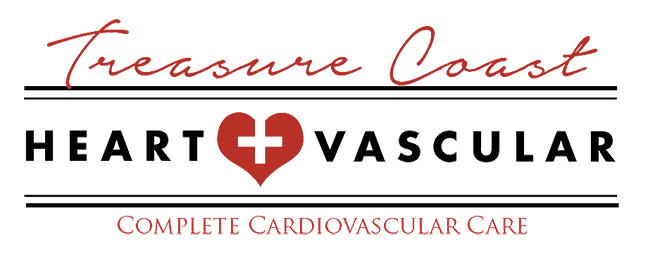Q: I have varicose veins during pregnancy. Should I just accept them or should I seek treatment?
Q: What causes varicose veins to form more easily during pregnancy?
A: It’s quite common to get varicose veins while being pregnant. Your mother may have gotten them, too. They’re usually hereditary and up to 50% of women develop at least some spider veins or varicose veins during pregnancy.
Pregnancy hormones, especially progesterone, may cause the walls of your veins to weaken and swell. Pressure on the veins behind your uterus also slows the blood circulation to the heart, making the smaller veins in your pelvis and legs swell. You’re most likely to get these bluish, swollen veins in your legs. But in late pregnancy, they may appear in your vulva too. Also hemorrhoids are common during pregnancy too.
The other major cause of varicose veins during pregnancy has to do with an increase in blood flow throughout the body. More blood means larger veins. When those veins have to work against the force of gravity to pump blood back to the heart, up the length of the legs, there’s an increased risk for damage to the valves in the blood vessels.
Other physical changes that occur during pregnancy can also contribute to varicose veins, such as: weight gain and pressure from the enlarged uterus on the veins.
Q:What can I do to prevent them or keep them from becoming worse?
A: When you’re pregnant, there are things you can do to keep varicose veins from becoming worse or to try to prevent them from developing in the first place.
One way to prevent the veins is to carefully monitor weight gain during pregnancy. Putting on weight is part of pregnancy, but you want to try to keep your weight gain grow gradually and within the range recommended by your doctor. The extra pressure from additional weight raises the risk for vein problems.
Another thing to do to minimize any varicose veins risk is to stay active as much as possible during your pregnancy. It’s a good idea to discuss your exercise options with your doctor, to make sure you’re not over exerting yourself.
General advice when you deal with varicose veins:
- Avoid standing or sitting for a long time. Take breaks to move around.
- Don’t sit with your legs crossed. This can reduce circulation in your legs.
- Sit with your legs and feet raised.
- Exercise regularly for good circulation, once getting your doctor’s OK.
- Wear maternity support hose. These gently compress your lower leg veins to help move the blood back to your heart.
- Avoid tight socks or knee-highs that squeeze a spot on your leg. This can slow circulation. You may try compression stockings after consulting with your doctor or a vascular specialist.
- Try to rest/sleep on your left side to ease pressure on the vein that carries blood from your feet to your heart. It’s on your right side.
Finally, some good news about pregnancy and varicose veins: The problematic veins usually fade away a few months after a women gives birth. If you didn’t have varicose veins before, there’s a good chance they’ll vanish again after your baby is born.
If you have persistent vein problems after giving birth, consider seeing a vascular specialist and taking care of them via a modern vein treatment. Venous Insufficiency can become chronic and continue to cause leg pain, aches, heavy legs and affect your day-to-day life over a long period of time. Thanks to Endovenous Thermal ablation (endovenous radiofrequency and endovenous laser), a very minimally invasive endovenous laser procedures that is 95-98% effective in treating the refluxing veins, procedures are also almost painless and patient can go back to work almost immediately or within just a few days.Many patients do not even require the prescribed Darvocet.
Unfortunately, many doctors and nurses still advise patients not have their veins treated. This is because effective treatment of venous disease has only been available for a short time, and many health care professionals are unaware of the latest developments.
We welcome phone calls from your healthcare providers with questions or concerns, so we can explain the difference in the treatment options that we offer.
